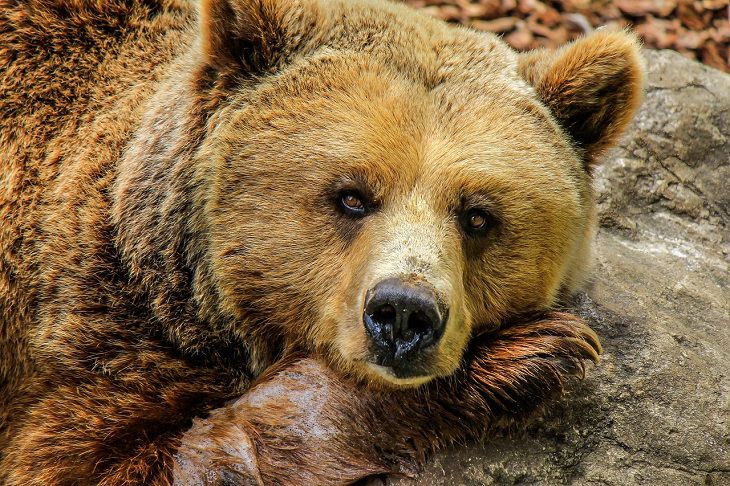Grizzly bears' internal clocks keep ticking even when they hibernate, says a new study.
This shows how daily rhythms, called circadian rhythms, play a big role in the metabolism of many creatures, including humans.
Let's find out how it was discovered.

Bears feel the time
The newest information confirmed that bears still have daily ups and downs in energy production during hibernation, even though the range of these ups and downs is smaller.
The highest energy production during hibernation happens later in the day than when bears are active, but the daily rhythm is still there.
The newest information highlights how important circadian rhythms are because they help organisms, like bears, function even in extreme situations like hibernation.
Circadian rhythms are also linked to health in humans, and disruptions can lead to problems like weight gain and diabetes.
Unlike other species that hibernate, bears move around a bit during their sleep-like period.
The scientists have been researching bear cells during active and hibernating seasons, finding thousands of genes that follow a daily rhythm, affecting the production of the body's energy source.
The specialists believe that bears adjust their circadian rhythm during hibernation to save energy and survive without food for months.












